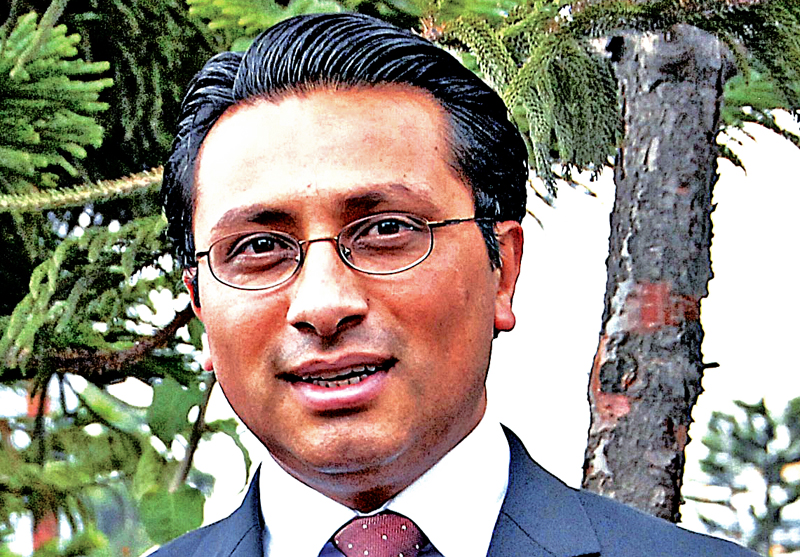'Nepal is policy-locked to tap benefits from neighbours'
KATHMANDU: The National Planning Commission member Swarnim Wagle said Nepal was not only landlocked, but also policy-locked, due to which it failed short in tapping benefits from economic success of its neighbours.
Speaking as a panellist at a seminar “Night of the Ideas” in the Valley on Thursday, Wagle questioned whether the problem was being landlocked or policy-locked and emphasised the need to focus on modern tradable services, which include not only tourism sector but also manufacturing of "high value-low volume" goods.
“Due to the rise of Asia, rich and prosperous markets are not far away; we must take advantage of this,” he added.
The “Night of the Ideas” is a worldwide debate event, which was organised for the first time in Nepal by the French Embassy, the Nepal Economic Forum (NEF) and the Alliance Française de Kathmandu (AFK).
This year’s theme is “A Common World” and the subject of the debate taking place in Kathmandu was “Economic Development of Landlocked Countries.”
Addressing the event, Observer Research Foundation Fellow Anasua Basu Ray Chaudhury stressed the importance of the Bhutan-Bangladesh-India-Nepal (BBIN) connectivity projects.
She stated how such projects were starting to make positive progress in transforming landlocked areas into land-linked ones.
In his opening remark, French Ambassador to Nepal Yves Carmona opined that being landlocked was not a curse.
Likewise, Pierre Jacquet of Global Development Network said that being landlocked was not being doomed, "What matters is access to markets and the size of these markets."
“Rather than focusing on being landlocked, we must focus on access to markets and the size of markets a country has access to,” he added.
Meanwhile, UN Resident Coordinator to Nepal, Valerie Julliand, highlighted that 18 landlocked countries have a per capita GDP of less than USD 1,000. She further said that landlocked countries tend be trapped in a vicious circle; transportation costs are high, economic progress is slow and inequality is high.
She, therefore, suggested that landlocked countries should capitalise on their assets and uniqueness and leverage their relationships with neighbours to unleash their potential.






